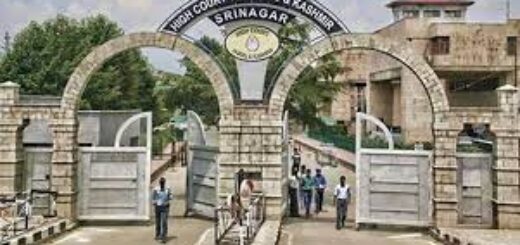SC Criticizes Delhi Government for Slow Action on Tougher Anti-Pollution Rules, Demands Ongoing Enforcement of GRAP-4.

The Supreme Court today asked the Delhi government about the delay in putting stricter anti-pollution rules into action under GRAP-4. The court stated it will not allow any reduction of these measures without its approval. Justices Abhay S Oka and Augustine George Masih noted that there was a hold-up in enforcing the rules of stage 4 of the Graded Response Action Plan (GRAP), even as the Air Quality Index (AQI) reached dangerous levels in the city. The Delhi government’s lawyer informed the court that stage 4 of GRAP started on Monday, which includes a ban on heavy vehicles entering the city.
The bench remarked, “When the AQI hits between 300 and 400, stage 4 must be activated. Why delay this important action?” They asked the government what actions it has taken to address the rising pollution levels. The court emphasized, “We will not allow any reduction of stage 4 measures, even if the AQI drops below 450. Stage 4 will remain in effect until we say otherwise,” and mentioned it would review the situation later in the day. On Sunday, the CAQM announced tougher pollution control measures for Delhi-NCR under GRAP-4, starting at 8 am on Monday, which includes banning trucks and pausing construction on public projects.
The Commission for Air Quality Management (CAQM) issued a directive as Delhi’s Air Quality Index (AQI) deteriorated, hitting 441 at 4 pm and increasing to 457 by 7 pm due to poor weather. The directive states that only trucks carrying essential goods or using clean fuels (LNG/CNG/BS-VI diesel/electric) will be allowed into Delhi. Non-essential light commercial vehicles registered outside Delhi are also banned, except for electric vehicles and those using CNG or BS-VI diesel.
On November 14, the Supreme Court agreed to quickly review a request after being informed that Delhi should not become the most polluted city globally due to increasing pollution levels. The court previously stated that every citizen has a fundamental right to live in a pollution-free environment, as protected by Article 21 of the Constitution. The Supreme Court is currently considering a request for measures to reduce air pollution in Delhi and nearby areas.









